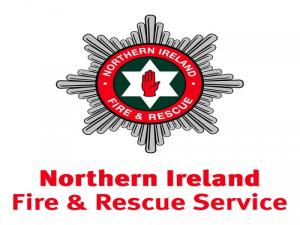
by Michael McHugh, PA
Almost 150 fire service staff in Northern Ireland are in isolation, their union has said.
Around 8% of the workforce is affected.
Coronavirus testing has been made available to 50 who are displaying symptoms, the Fire Brigades Union (FBU) said, although that number is expected to rise over coming days.
FBU general secretary Matt Wrack said: "If we aren't able to find out exactly who is infected, and more staff isolate unnecessarily, services will be put on a dangerous knife-edge.
"Of course testing of NHS staff has to be a priority, but firefighters and other emergency service personnel are also at serious risk.
"The very safety of the public relies on them being able to attend work.
"There needs to be a clear and deliverable testing strategy for all workers required to continue at work."
The FBU has said that, without urgent testing of frontline personnel, there will inevitably be an impact on brigades' ability to provide fire cover and respond to other emergencies, including their work supporting the coronavirus response.
While the FBU has called for firefighters to cease all non-essential, non-emergency interactions with the public, they will continue to come into contact in emergency situations as part of their infection response work, placing them at greater risk of infection, the union said.
It said 147 staff were in isolation.
Michael Graham, interim chief fire officer, said the organisation had "significantly progressed" its members' access to personal protective equipment.
He said face masks were ready for distribution and staff and family members with symptoms had started to access tests.
He noted they were competing with many other official agencies to obtain kits in an "incredibly challenging and fast-moving environment".
He told his staff: "You have made a real difference to our service and to people's health and well-being."
The availability of on-call firefighter cover had never been better, the senior officer added.
Some new recruits have moved on to operations after only five weeks' training and Mr Graham expressed confidence that skills and experience obtained would stand them in good stead.
The organisation is also progressing plans to support ambulance service colleagues.
Mr Graham added: "I am confident that together we will not only get through this challenging time, we will be stronger and more effective as an organisation on the other side."


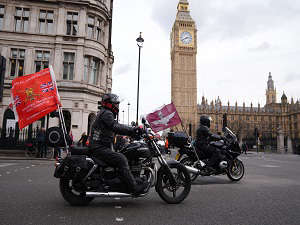 Bikers to descend on Westminster for veterans protest against Legacy Act repeal
Bikers to descend on Westminster for veterans protest against Legacy Act repeal
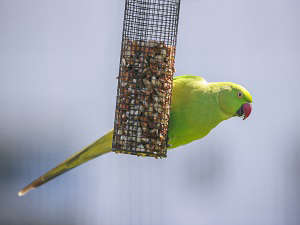 Guidance sought over future of colourful parakeets in Belfast park
Guidance sought over future of colourful parakeets in Belfast park
 Woman released after questioning over pipe bombs in Co Down
Woman released after questioning over pipe bombs in Co Down
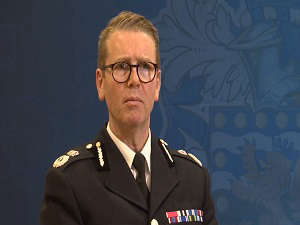 Suspended chief constable will not be prosecuted over alleged sexual offences
Suspended chief constable will not be prosecuted over alleged sexual offences
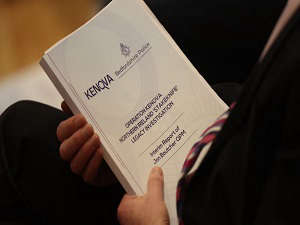 MI5 files not deliberately withheld from Stakeknife probe, review concludes
MI5 files not deliberately withheld from Stakeknife probe, review concludes